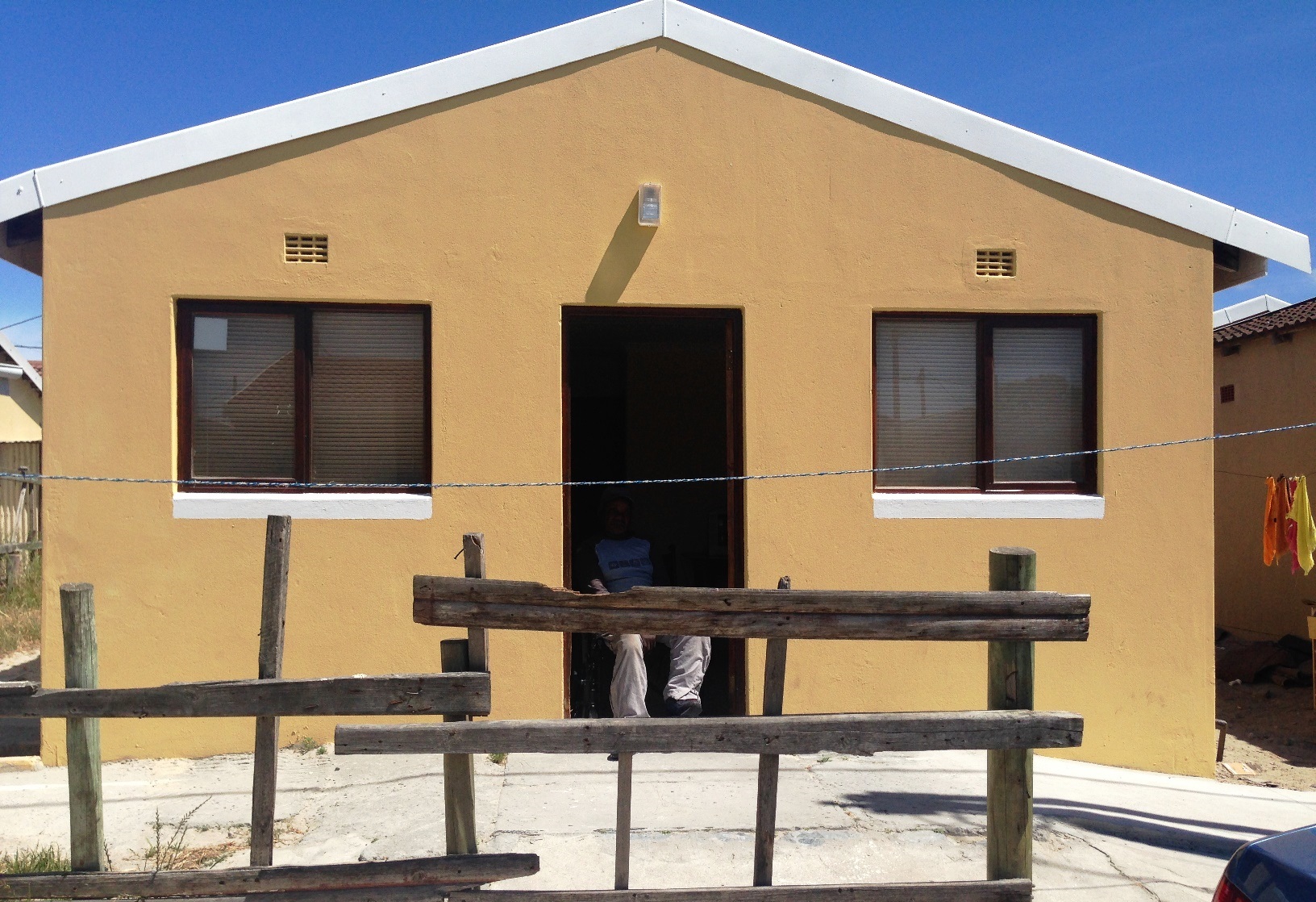SA has no reliable data on subsidised housing, says report
Centre for Affordable Housing Finance points to holes in data collection process

The data on state subsidised houses is unreliable and incomplete, according to a report by the Centre for Affordable Housing Finance in Africa. The total number of completed houses dropped significantly in the last three years, but bad data makes the causes of such a decrease unclear.
According to a report published in September by the Centre, the number of new houses completed in the year to March 2019 fell well short of past projections and has decreased by almost 40,000 since 2016-2017. The report states that lately the data “appears more stable and consistent” but that it is not clear whether this is because the quality of the data has improved or fewer sources for the data are being used.
The Centre has been reporting on subsidised housing since 2008. Data is generated by the National Home Builders Registration Council (NHBRC) and the Department of Human Settlements, institutions which the Centre says have been overestimating the number of new homes for more than a decade.
According to the report, a major problem is that both government institutions set unrealistic targets for new homes. Human Settlements estimates new constructions and enrolments onto housing lists two years in advance. It predicted in March 2017 that more than 133,000 units would be completed by March 2019. The actual figure of just over 105,000 shows that the target was too ambitious. The Centre says that ambitious projections lead to a culture of blame when goals are missed.
“Given the complexity of the housing delivery process and the multiple handover points between departments, […] a blame culture does little to foster the cooperation required to coordinate this process productively,” the report reads.
The data on the number of subsidised housing enrolments per year is privately owned and is purchased by Human Settlements for a fee. The institutions do not typically update projections after buying data once from the private provider, the Centre said.
But enrolment data changes over time, meaning Human Settlements should be continually updating their databases to remain accurate. The Centre argues that the national government could fix this problem by making a one-time purchase of the data and making it available to other departments to update.
It may be that there were indeed fewer houses being finished by Human Settlements in the 2018-2019 period, but until reliable data appears for prior years, it is difficult to know for sure.
Human Settlements told the Centre prior to the report’s release that it was committed to improved data collection and was employing new technology to enable multiple parties to update data on an on-going basis, while ensuring that historic data remains intact.
“This would enable a system that is at the same time flexible and responsive to changes,” the report reads.
Support independent journalism
Donate using Payfast

Don't miss out on the latest news
We respect your privacy, and promise we won't spam you.
Next: Red ants and rubber bullets are the only service delivery we know, says Brakpan resident
Previous: Kliprand residents furious at council’s broken promise
© 2019 GroundUp.
This article is licensed under a Creative Commons Attribution-NoDerivatives 4.0 International License.
You may republish this article, so long as you credit the authors and GroundUp, and do not change the text. Please include a link back to the original article.
